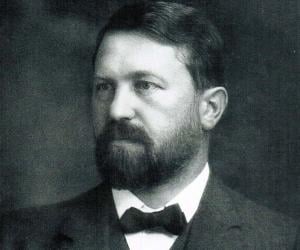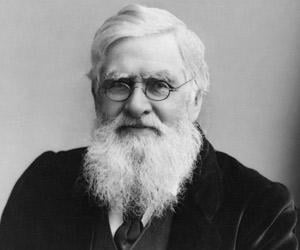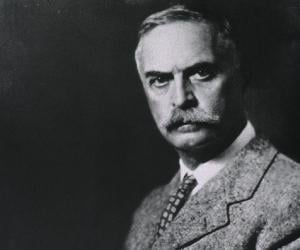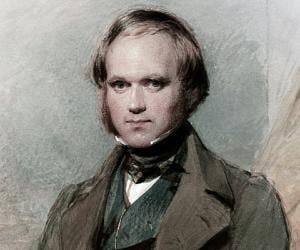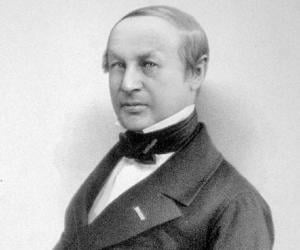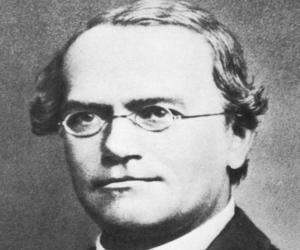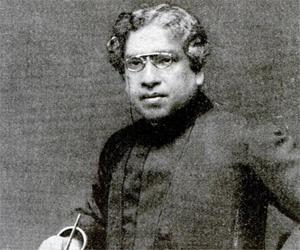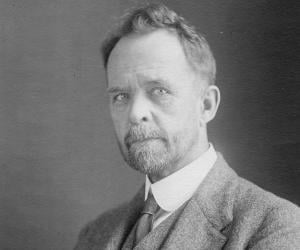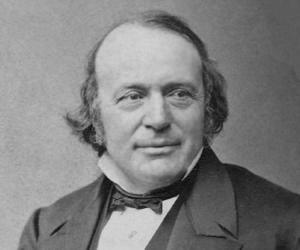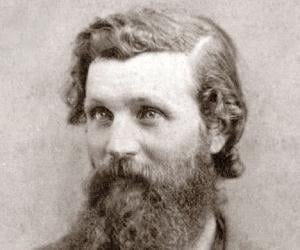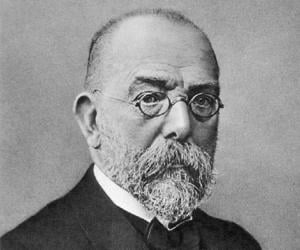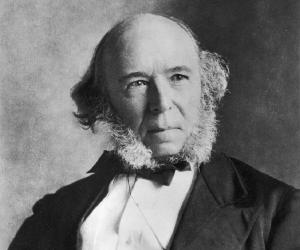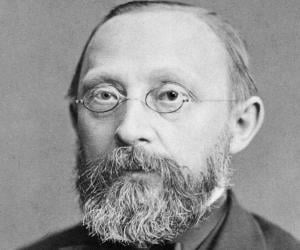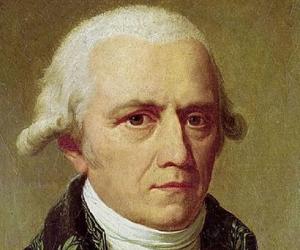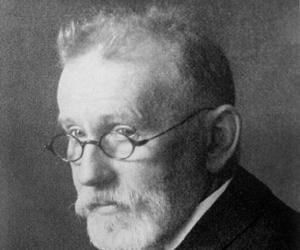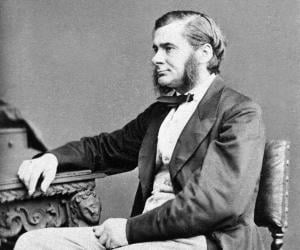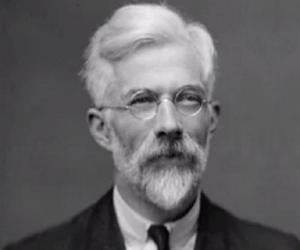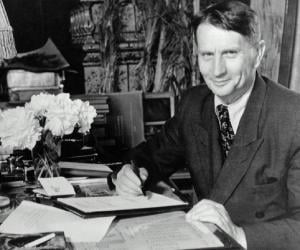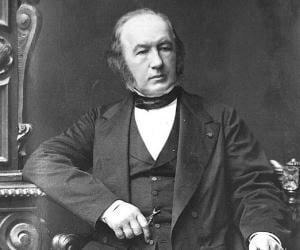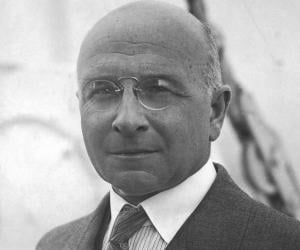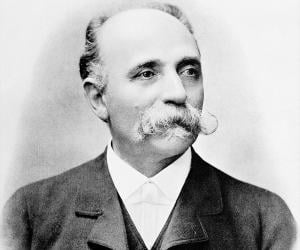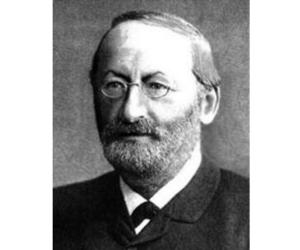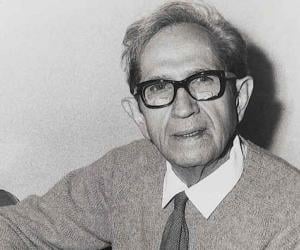British naturalist Alfred Russel Wallace is largely remembered for his theory of evolution through natural selection, which inspired Charles Darwin’s studies. He began his career as a surveyor’s apprentice and later introduced concepts such as reinforcement in animals, also known as the Wallace effect. He was awarded the Order of Merit.
Karl Landsteiner was a physician, biologist, and immunologist. He is credited with distinguishing the main blood groups as well as identifying the Rhesus factor. He is also credited with discovering the polio virus along with Erwin Popper and Constantin Levaditi. He won the Aronson Prize in 1926. In 1930, Landsteiner was honored with the Nobel Prize in Physiology or Medicine.
Widely regarded as one of the most influential personalities in the history of mankind, Charles Darwin was an English biologist, naturalist, and geologist. He is credited with publishing the Theory of Evolution, which explains the evolution of life from a unicellular organism to human beings. A prolific writer, Charles Darwin also wrote important books on plants and barnacles.
Theodor Schwann was a German physiologist and physician best remembered for his important contributions to biology. He is credited with discovering the Schwann cells, which is named after him. He is also credited with discovering pepsin and the organic nature of yeast. Theodor Schwann also invented the term metabolism.
A scientist, meteorologist, mathematician, and biologist, Gregor Mendel is considered the founder of the modern science of genetics. He conducted a series of experiments on pea plants between 1856 and 1863, establishing many rules of heredity. Besides his work on pea plants, he also described novel plant species and conducted experiments with hawkweed and honeybees.
Indian physicist, biologist, and plant physiologist Jagadish Chandra Bose revolutionized science with his research on how plants and animals react to external stimuli. He founded the Bose Institute, made pioneering contribution to the field of radio and microwave optics, and also penned one of the first works of Bengali science fiction.
Thomas Hunt Morgan was an evolutionary biologist, geneticist, and embryologist. He won the Nobel Prize in Physiology or Medicine in 1933. He worked extensively on the role that the chromosome plays in heredity and demonstrated that genes are carried on chromosomes. In his later career, he established the division of biology at the California Institute of Technology.
Louis Agassiz was a biologist and geologist. He was famous as a scholar of Earth's natural history. Born in Switzerland, he completed his education in Europe and emigrated to USA. He was appointed a professor of zoology and geology at Harvard University. He later founded the Museum of Comparative Zoology at the Lawrence Scientific School.
John Muir was a Scottish-American naturalist, environmental philosopher, glaciologist, botanist, zoologist, and author. Nicknamed Father of the National Parks and John of the Mountains, Muir was an influential proponent of the preservation of wilderness in the US. He is credited with co-founding the American conservation organization, The Sierra Club. Muir is considered a hero by many environmentalists around the world.
Robert Koch was a German microbiologist and physician. One of the prominent co-founders of modern bacteriology, Koch is credited with creating and improving laboratory techniques and technologies in the field of microbiology. He is also credited with making important discoveries in public health. In 1905, Robert Koch won the Nobel Prize in Physiology or Medicine for his research on tuberculosis.
Herbert Spencer was the man behind the expression “survival of the fittest,” after reading Charles Darwin's iconic work On the Origin of Species. The British anthropologist, sociologist, and philosopher introduced the concept of Social Darwinism, which applied the theory of evolution to societies and social classes.
Rudolf Virchow was a German physician, pathologist, anthropologist, biologist, prehistorian, editor, writer, and politician. Nicknamed the Pope of medicine by his colleagues, Virchow is credited with founding the field of social medicine. He is also widely regarded as the father of modern pathology. Rudolf Virchow was the first person to name diseases, such as thrombosis, leukemia, ochronosis, embolism, and chordoma.
French biologist Jean-Baptiste Lamarck acquired his love for plants while serving as a soldier in the French army. Following an injury, he quit his military career but retained his love for botany. He later taught zoology, studied the classification of invertebrates, and also coined the term biology.
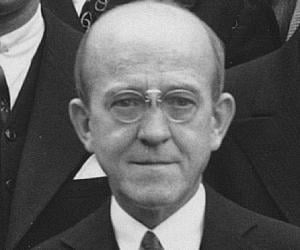
A pioneer of molecular biology, Oswald Avery revolutionized science with his research on the chemical processes involved in immunology. The Canadian-American bacteriologist initially aspired to be a musician. He later proved that DNA was the basis of heredity. Though nominated for the Nobel Prize multiple times, he never won it.
German scientist Paul Ehrlich is remembered for his contribution to immunology, which also won him a Nobel Prize. Known as the pioneer of chemotherapy, he also discovered the first-known treatment of syphilis. Born into a business family, he was introduced to the method of studying cells by his pathologist uncle.
Thomas Henry Huxley was an English biologist and anthropologist. He specialized in comparative anatomy and was a proponent of Charles Darwin's theory of evolution. Despite having little formal schooling, he went on to become one of the finest comparative anatomists of the 19th century. He was the chair of natural history at the Royal School of Mines for 31 years.
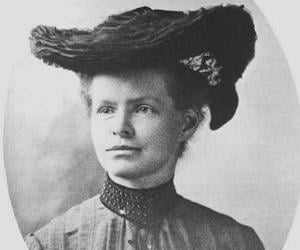
Nettie Stevens was an American geneticist. She is credited with discovering sex chromosomes which later came to be known as the X and Y chromosomes. In 1994, Nettie Stevens was inducted into the National Women's Hall of Fame.
Ronald Fisher was a British polymath, statistician, geneticist, mathematician, and academic. He is credited to have single-handedly created the foundations for modern statistical science. He made important contributions to the field of genetics and is known as one of the three principal founders of population genetics. He was elected to the Royal Society in 1929.
Trofim Lysenko was a Soviet biologist and agronomist. Lysenko was one of the most influential supporters of Lamarckism. He also condemned Mendelian genetics and supported Lysenkoism, a political campaign that rejected natural selection. Lysenko used his political power to imprison his critics. Several Soviet scientists, including Nikolai Vavilov, who failed to renounce genetics were either imprisoned or killed.
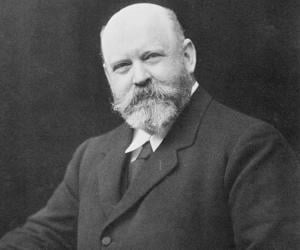
Walter Rothschild, 2nd Baron Rothschild was a British soldier, politician, zoologist, and banker. He is best remembered for his service as the president of the largest Jewish communal organization in the UK, the Board of Deputies of British Jews, between 1925 and 1926. Walter Rothschild also made immense contributions to the field of zoology.
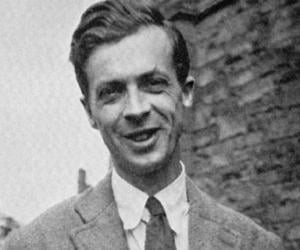
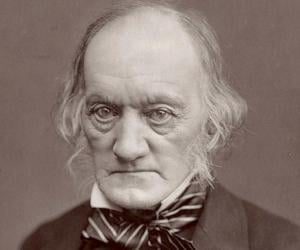
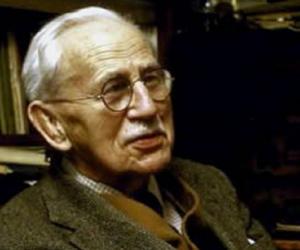
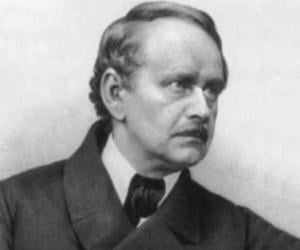
Matthias Jakob Schleiden was a German botanist who is credited with co-founding cell theory along with Rudolf Virchow and Theodor Schwann. He is also remembered for his service as a professor at the University of Dorpat from the mid 1860s.
Claude Bernard was a French physiologist whose scientific experiments led to several important discoveries. He is credited with coining the phrase milieu intérieur, which refers to the extracellular fluid (ECF) environment. He also pioneered the use of a blinded experiment to eliminate various experimental biases.
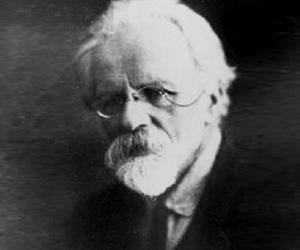
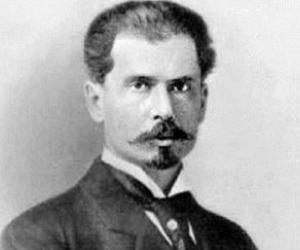
Russian microbiologist Sergei Winogradsky was the first to suggest the concept of the cycle of life. Born into a family of lawyers, he initially aspired to be a lawyer and also studied music, before switching to chemistry and then botany. His research covered sulfur-oxidizing bacteria and the nitrogen cycle.
Nobel Prize-winning cytologist and physician Camillo Golgi is remembered for his contribution to the study of the central nervous system. He revolutionized medical science with his staining technique and discoveries such as the Golgi cell, the Golgi tendon organ, and the Golgi apparatus, apart from his research on malaria.
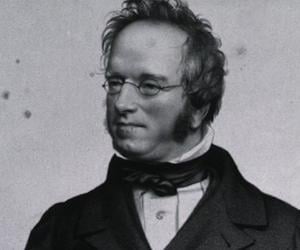
John Edward Gray was a British zoologist best remembered for his association with the British Museum in London, where he was the keeper of zoology from 1840 to 1874. John Edward Gray is also remembered for publishing several records of the museum collections that included descriptions of new species.
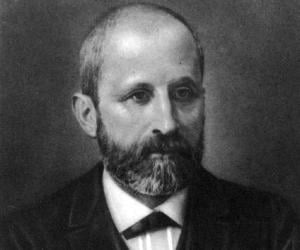
Apart from being the first to discover nucleic acid, Swiss biochemist Friedrich Miescher also isolated protamine, a protein associated with nucleic acid. Born to a scientifically rich family, he initially wished to become a doctor, but rendered partially deaf due to typhoid, he later chose physiological chemistry.

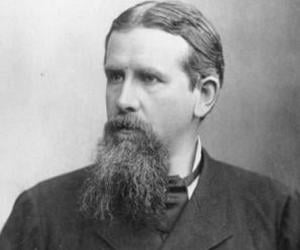
Friedrich Ratzel was a German ethnographer and geographer. He was the first person to use the term Lebensraum, which would later become an important and popular word among the National Socialists. Also an influential writer, Friedrich Ratzel's works served as a justification for imperial expansion.
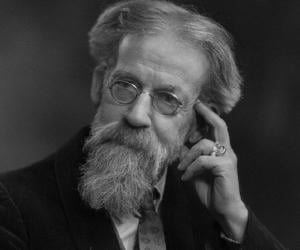
Apart from being a sociologist and biologist, Patrick Geddes was known for his impeccable sense of town planning. While he initially taught botany in Dundee, he later turned to sociology and conducted studies in India, Mexico, and other countries. He was eventually knighted for his achievements.
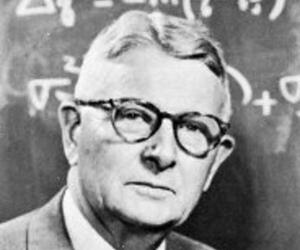
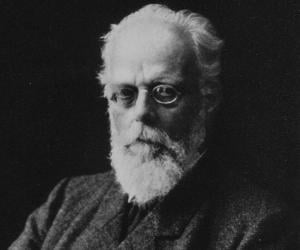
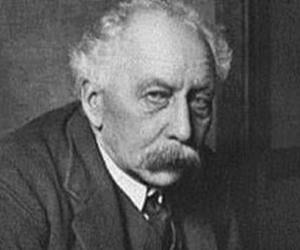
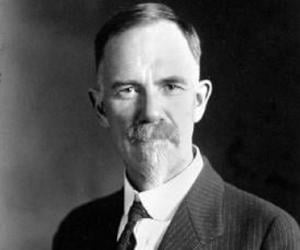
Charles Davenport was a prominent biologist and eugenicist who played an influential role in the American eugenics movement. He earned a Ph.D. in biology and ventured into an academic career. He pioneered new quantitative standards of taxonomy and earned much prominence as a biologist. He later founded the Eugenics Record Office and the International Federation of Eugenics Organizations (IFEO).
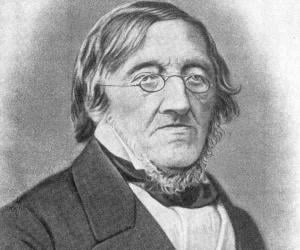
Karl Ernst von Baer was a Baltic German explorer and scientist. A multi-talented personality, Baer was also a biologist, naturalist, geologist, geographer, and meteorologist. He is also regarded as the founding father of embryology. One of the founders of the Russian Geographical Society, Karl Ernst von Baer also served as the maiden president of the Russian Entomological Society.
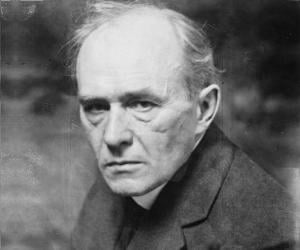
Carl Akeley was an American taxidermist, biologist, sculptor, conservationist, nature photographer, and inventor. Widely regarded as the father of modern taxidermy, Akeley is remembered for his immense contributions to American museums, such as the American Museum of Natural History, the Field Museum of Natural History, and the Milwaukee Public Museum. He is also credited with founding the AMNH Exhibitions Lab.
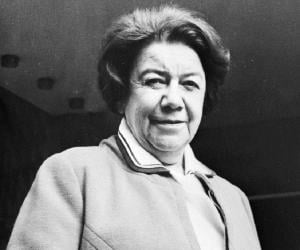
Romanian biologist and physician Ana Aslan was a pioneering gerontologist and established the first institute of geriatrics in the world. She also invented a drug named Gerovital, an H3 vitamin, which was the world’s first anti-aging remedy. She later co-invented a similar product, Aslavital, and an anti-aging cosmetic line.
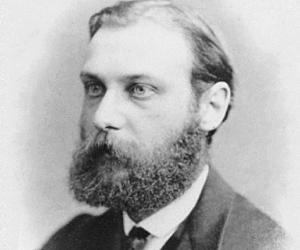
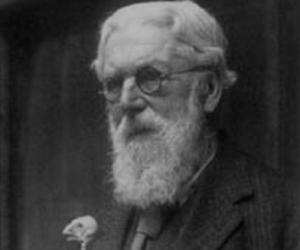
D'Arcy Wentworth Thompson was a Scottish mathematician, biologist, and classics scholar. A pioneer of mathematical biology, Thompson is best remembered for writing a book titled On Growth and Form, which is widely admired by architects, anthropologists, and biologists among others. Over the course of his illustrious career, D'Arcy Wentworth Thompson received several prestigious awards like the Daniel Giraud Elliot Medal.
Ferdinand Cohn was a German biologist who is credited with co-founding microbiology and modern bacteriology. Apart from publishing more than 150 research reports, Cohn also made significant contributions to the field of botany. He was also the first person to classify algae as plants. Ferdinand Cohn received the prestigious Leeuwenhoek Medal in 1885.
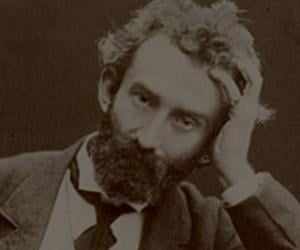
Russian explorer and anthropologist Nicholas Miklouho-Maclay was one of the first scientists to live with the indigenous community of New Guinea. Named the Moon Man by the Papuans for his ability to produce light through his lantern, he fought against slavery. He was idolized by both Russia and Australia.
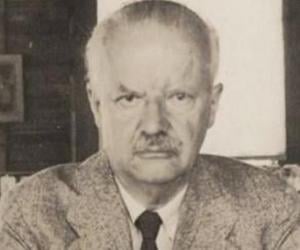
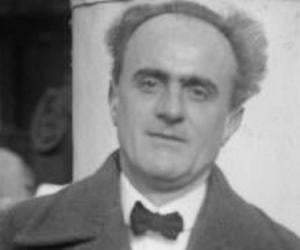
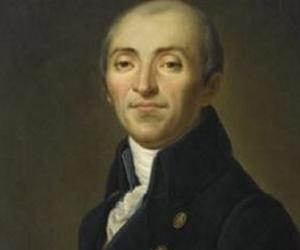
French naturalist Bernard Germain de Lacépède is best known for his contribution to fellow French naturalist Comte de Buffon's Histoire Naturelle. He enriched the world’s knowledge of fishes and reptiles. Following the rise of Napoleon, Lacépède joined the French Senate and later became a minister of Bourbon state.
